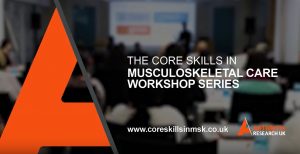 Arthritis Research UK has developed the educational package Core Skills in Musculoskeletal Care. It has been created by GPs for GPs and aims to support professionals ‘get the basics right’ in musculoskeletal care and equip GPs with the essential knowledge, skill and confidence needed to manage the most common MSK conditions seen in primary and community care.
Arthritis Research UK has developed the educational package Core Skills in Musculoskeletal Care. It has been created by GPs for GPs and aims to support professionals ‘get the basics right’ in musculoskeletal care and equip GPs with the essential knowledge, skill and confidence needed to manage the most common MSK conditions seen in primary and community care.
The package consists of the popular e-learning module hosted on the RCGP website as well as the new hands-on, interactive workshops.
See a video of the workshop in action.…
Read more of this article

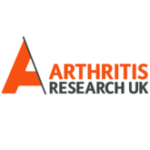
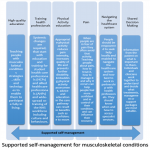
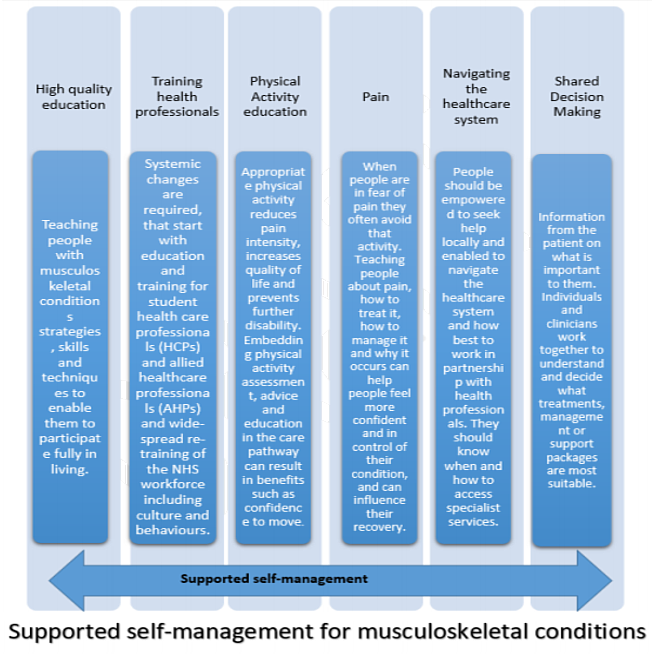
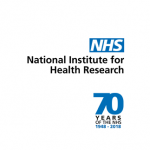

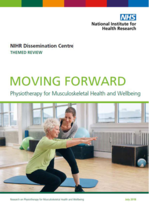
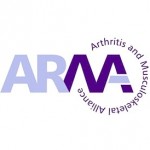

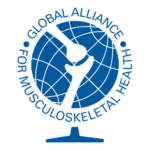
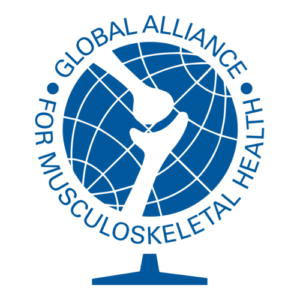 Global Alliance for Musculoskeletal Health is delighted to inform you about the paper “Reducing the global burden of musculoskeletal conditions” published online in the WHO Bulletin, May 2018.
Global Alliance for Musculoskeletal Health is delighted to inform you about the paper “Reducing the global burden of musculoskeletal conditions” published online in the WHO Bulletin, May 2018.
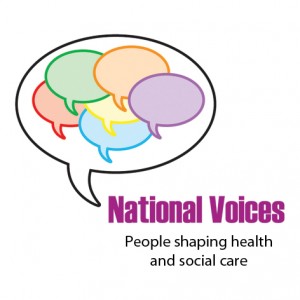 After months of scoping, National Voices has announced the launch of a Peer Support Hub.
After months of scoping, National Voices has announced the launch of a Peer Support Hub.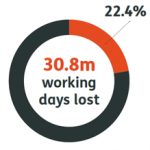
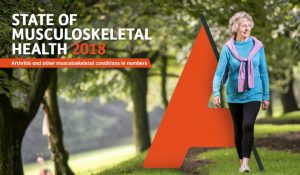 The State of Musculoskeletal Health 2018 is a resource for health professionals, policy makers, public health leads and anyone interested in musculoskeletal health. We believe that with the best information you can build awareness, make more informed decisions, feel more confident and ultimately help more people with musculoskeletal conditions. The resource was put together by Arthritis Research UK.
The State of Musculoskeletal Health 2018 is a resource for health professionals, policy makers, public health leads and anyone interested in musculoskeletal health. We believe that with the best information you can build awareness, make more informed decisions, feel more confident and ultimately help more people with musculoskeletal conditions. The resource was put together by Arthritis Research UK.
 Health Education England, together with South, Central and West Commissioning Support Unit, has developed an easy-to-use tool to support clinicians, managers and commissioners in their efforts to forecast and monitor the impacts of MSK self-referral to first contact practitioners (FCP).
Health Education England, together with South, Central and West Commissioning Support Unit, has developed an easy-to-use tool to support clinicians, managers and commissioners in their efforts to forecast and monitor the impacts of MSK self-referral to first contact practitioners (FCP).
 Guest blog by David Albury, Board Director Innovation Unit
Guest blog by David Albury, Board Director Innovation Unit